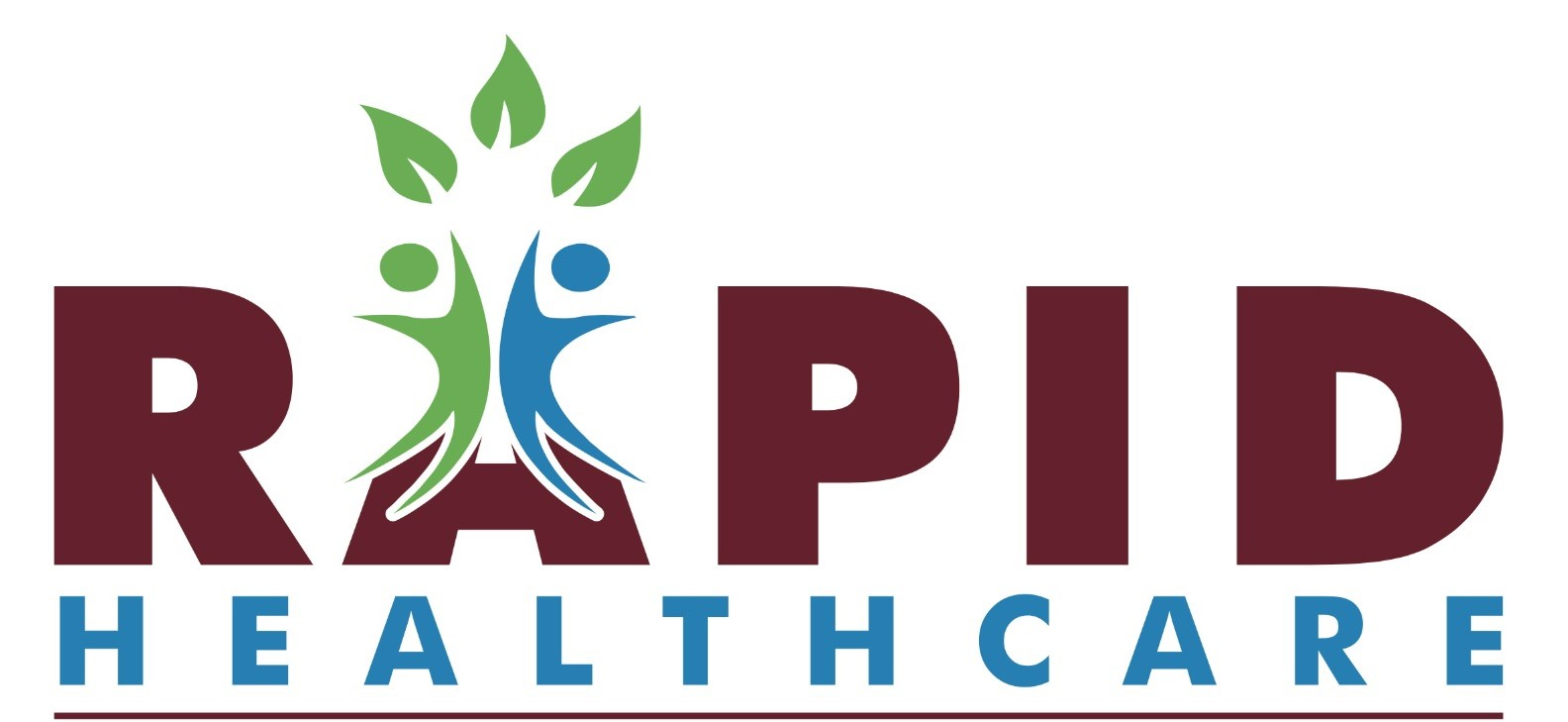
For many Joliet residents, the arrival of spring is a welcome break from the cold winter months. But along with blooming flowers, green lawns, and warmer temperatures comes something much less enjoyable—spring allergies. If you’re one of the millions of Americans who suffer from seasonal allergies, you know the familiar symptoms: sneezing, itchy eyes, runny nose, and congestion. For some people, these symptoms are mild and manageable. For others, spring allergies can disrupt daily life and impact overall well-being.
At Rapid Healthcare in Joliet, we often see patients wondering when their seasonal allergies have crossed the line from annoying to serious. Knowing when to seek professional care can make all the difference in how you feel this spring and beyond.
Understanding Spring Allergies
Spring allergies, also known as seasonal allergic rhinitis or hay fever, occur when your immune system reacts to airborne allergens like pollen. In the Joliet area, spring allergy season typically begins in March and can last through late May or even early June, depending on weather conditions.
The most common spring allergens include:
- Tree pollen, particularly from oak, maple, birch, and cedar trees
- Grass pollen, which can start to peak in late spring and early summer
- Mold spores, which thrive in moist environments after spring rains
According to the Asthma and Allergy Foundation of America, more than 25 percent of adults and 19 percent of children in the United States have seasonal allergies, and the number continues to rise.
Common Symptoms of Spring Allergies
The signs of seasonal allergies are well-known, but they can vary from person to person. Common symptoms include:
- Sneezing
- Runny or stuffy nose
- Itchy, watery eyes
- Scratchy throat
- Postnasal drip
- Fatigue or poor sleep
- Sinus pressure and headaches
For some, these symptoms are mild and temporary. For others, they can lead to more severe complications or impact overall health.
When to See a Doctor for Spring Allergies
If your allergy symptoms are interfering with your daily life or not improving with over-the-counter medications, it may be time to seek professional help. Here are key signs that your spring allergies warrant a visit to Rapid Healthcare:
Your Symptoms Are Severe or Persistent
If you’ve tried basic remedies like antihistamines, nasal sprays, and limiting pollen exposure but your symptoms continue for weeks without relief, you may need a personalized treatment plan. Persistent symptoms can lead to other health problems, including chronic sinus infections and worsening asthma.
Over-the-Counter Medications Aren’t Working
Many people find temporary relief with over-the-counter allergy medications. But if you’ve cycled through antihistamines, decongestants, and nasal sprays without success, it’s a sign that you may need prescription-strength solutions or allergy testing to identify specific triggers.
Your Allergies Are Affecting Your Sleep or Daily Activities
Allergies that leave you exhausted, unable to focus, or missing work, school, or social activities should not be ignored. Poor sleep caused by congestion or breathing difficulties can have a negative impact on your overall health.
You Experience Asthma Symptoms
For individuals with asthma, spring allergies can trigger dangerous symptoms like wheezing, coughing, shortness of breath, and chest tightness. If you have asthma and notice an increase in symptoms during pollen season, it’s essential to speak with a healthcare provider to adjust your treatment plan.
You’re Unsure If It’s Allergies or Something Else
Allergy symptoms often mimic those of other conditions, such as a cold, sinus infection, or even COVID-19. If you’re not sure what’s causing your symptoms, visiting Rapid Healthcare can help you get an accurate diagnosis and the right treatment.
How Rapid Healthcare in Joliet Can Help
At Rapid Healthcare, we offer comprehensive allergy evaluations and treatment options tailored to your specific needs. When you visit us for allergy care, you can expect:
Thorough evaluation. Our healthcare providers will review your symptoms, medical history, and environmental factors to determine the cause of your allergies.
- Personalized treatment plan. We may recommend prescription medications, nasal sprays, or allergy eye drops to control your symptoms.
- Allergy testing referrals. For patients with persistent or severe allergies, we can refer you for allergy testing to identify specific triggers and explore long-term treatment options like immunotherapy.
- Lifestyle and prevention tips. We’ll provide practical advice to help you avoid allergens and reduce exposure during peak pollen season.
- Fast and convenient care. As a walk-in urgent care clinic, Rapid Healthcare makes it easy to get the allergy relief you need without a long wait.
Tips to Manage Spring Allergies at Home
While professional care is sometimes necessary, there are several steps you can take at home to minimize allergy symptoms:
- Keep windows and doors closed during high pollen days
- Check the local pollen forecast and limit outdoor activities when counts are high
- Shower and change clothes after spending time outdoors
- Use an air purifier with a HEPA filter in your home
- Wash bedding frequently to remove pollen and allergens
- Avoid outdoor yard work during peak pollen hours, typically early morning
In Joliet and surrounding areas, pollen counts can fluctuate daily based on weather conditions. Staying informed and prepared can make a noticeable difference in how you feel.
Breathe Easier This Spring
Spring allergies may be common, but that doesn’t mean you have to suffer. If you’re struggling with persistent allergy symptoms, it’s time to stop guessing and start feeling better. At Rapid Healthcare in Joliet, our experienced team is here to help you find relief quickly and effectively.
Don’t let allergies control your spring. Visit Rapid Healthcare for expert care and personalized treatment so you can get back to enjoying the season.
Posted on behalf of
167 N. Chicago St.
Joliet, IL 60432
Phone: (630) 518-4444
Mon - Fri: 9am – 5pm
Sat, Sun: Closed


